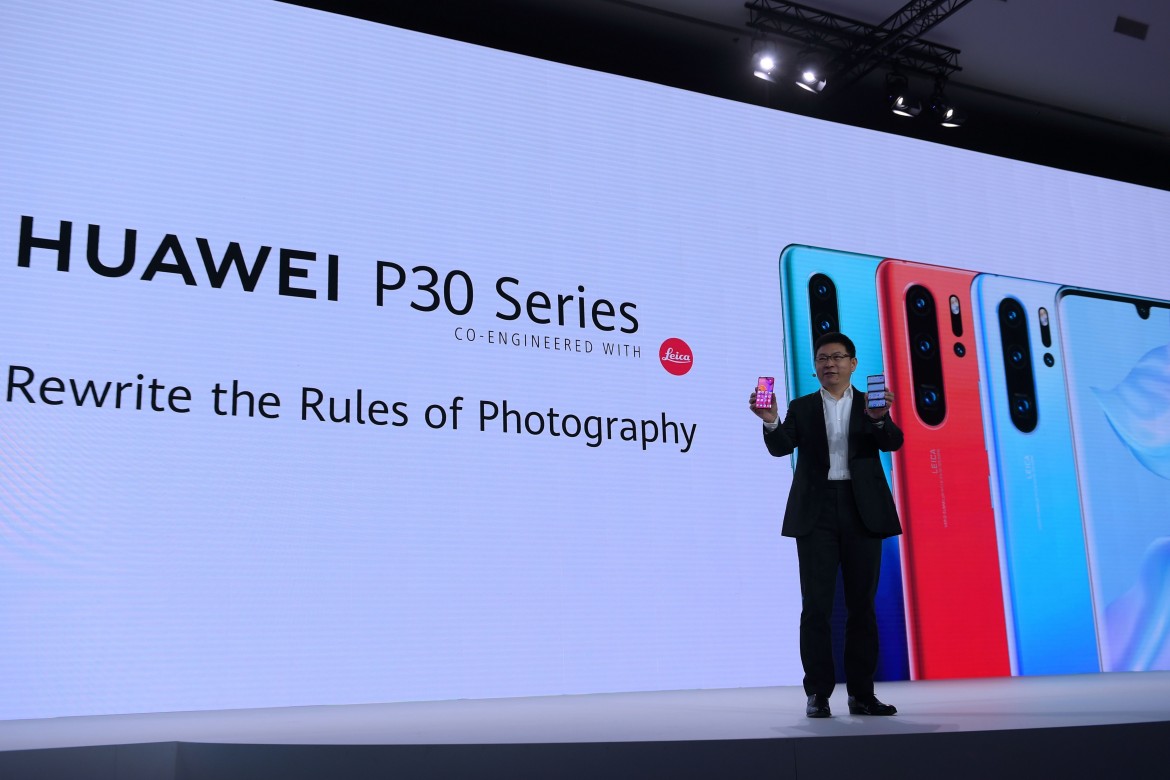Analysis
EU bucks Trump pressure, giving Huawei an opening in Europe
The US is certainly not letting up on its anti-Huawei push, and the issue could also feature prominently in the latest round of negotiations with China, which will start in Beijing on Friday.

In the end, the EU has resolved not to take any position against Huawei. On Tuesday, ignoring the demands of the United States, the European Council, in discussing recommendations for telecommunications and 5G technology, limited itself simply to calling on member states to properly mitigate the risk of backdoors (security vulnerabilities that could allow network operators to access sensitive data). EU countries will be allowed to conduct their own necessary security checks.
As a result, each country will get to decide whether to put up any barriers against certain network operators. Since Germany has already expressed its intention to treat Huawei like any other company—and a similar approach is expected from Italy as well—the decision from Strasbourg amounts to a total rebuff of Donald Trump.
As the Associated Press notes, as of now, the European position is still rather nebulous, but the lack of a joint anti-Huawei stance at the European level is an important signal for what is to come.
The case of France provides a clear example. Xi Jinping has recently entered into important deals with the Principality of Monaco, which is eager to become a “smart city” and is all too happy to agree with China on a common path forward. However, these deals have other implications as well. While France had appeared to be the most suspicious of the Chinese giant, now, after a number of complex developments, Huawei will have a path to enter the French market thanks to the deals made between China and the Principality of Monaco.
Thus, after having already taken over much of the smartphone market from its competitors (in Europe, Huawei has already surpassed Apple and is closing in on the market leader, Samsung), the company will contend with Cisco, Ericsson and Nokia on the market for super-fast 5G networks, while remaining under close observation by the authorities of the European Community and by some of the member states. The Chinese company was clearly happy with the Council’s decision, and they have been undertaking extensive brand building and marketing activities in Europe for a long time—but there are also larger factors at play.
According to an analysis in the Hong Kong daily South China Morning Post, the stakes are not only geopolitical, but also involve access to technology: “European reluctance to fall into line with US advice may also be down to the fact that Huawei has established a reputation for providing high-quality, cost-effective technology and that banning their 5G network gear at this point could risk future economic prospects.”
Most of the talk about Huawei nowadays actually refers to 5G, a technology that will bring “a new era of ultra-fast, high capacity, mobile networks that can power commercial internet of things applications and AI-enabled infrastructure.”
Still, the international situation is a thorny one, and we will have to see how Trump reacts to these developments. The US is certainly not letting up on its anti-Huawei push, and the issue could also feature prominently in the latest round of negotiations with China, which will start in Beijing on Friday.
Recently, the company has been under a full-on assault, as the daughter of the company’s founder, Meng Wanzhou, who is also Huawei’s CFO, was arrested in Canada and then released on bail, currently awaiting extradition to the US. In retaliation, China has arrested several Canadian citizens. The head of Huawei, Ren Zhengfei, agreed to a rare interview, in which he stated that he had no ties with the CCP (which is technically true–however, in China, the guanxi, or “network of relationships,” including with politicians, is of utmost importance), and boasted to the US that his company could not be stopped.
Meanwhile, in Poland, two Chinese citizens have been arrested and charged with espionage, one of them an employee of Huawei. The company immediately fired him; however, this event, taking place in a European country, can give us an idea of the truly global reach of the clash between the US and China.
For its part, Beijing has virtually abandoned ZTE—a Chinese state company and a competitor to Huawei—to its fate after Trump’s previous moves against it. This shows that they are willing to go all-in in supporting the company led by Ren Zhengfei, himself an ex-military man.
Originally published at https://ilmanifesto.it/huawei-salva-la-ue-entra-nello-scontro-tra-usa-e-cina/ on 2019-03-28
